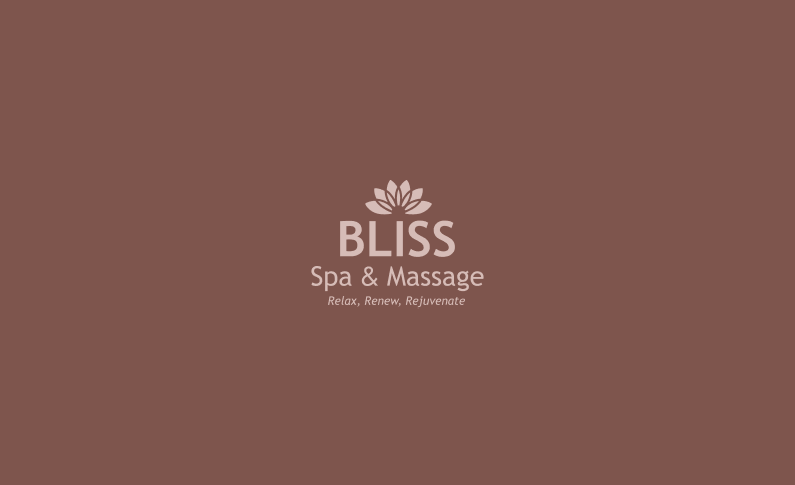Discover the top essential oils used in massage therapy to reduce anxiety

Learn the science behind their calming effects and how to use them safely.
How Aromatherapy Supports Anxiety Relief
Aromatherapy, when combined with massage, enhances relaxation by influencing the limbic system—the part of the brain responsible for emotions, memory, and mood regulation (Herz, 2009). Essential oils can reduce cortisol, lower heart rate, and increase serotonin and dopamine, complementing the physical benefits of massage (Field, 2010).
Top 5 Essential Oils for Anxiety Relief
1. Lavender (Lavandula angustifolia)
-
Effects: Reduces anxiety, promotes relaxation, improves sleep quality.
-
Evidence: Studies show inhalation and topical use during massage can significantly lower cortisol levels and anxiety scores (Koulivand et al., 2013).
2. Chamomile (Matricaria recutita or Chamaemelum nobile)
-
Effects: Mild sedative, calming, and helpful for sleep disturbances.
-
Evidence: Research demonstrates chamomile aromatherapy reduces generalized anxiety symptoms and enhances mood (Amsterdam et al., 2009).
3. Bergamot (Citrus bergamia)
-
Effects: Relieves stress, improves mood, and promotes relaxation.
-
Evidence: Clinical trials indicate bergamot essential oil decreases cortisol levels and anxiety in stressed participants (Watanabe et al., 2015).
4. Frankincense (Boswellia carterii)
-
Effects: Grounding, reduces tension, supports emotional balance.
-
Evidence: Aromatherapy with frankincense has been linked to decreased heart rate, blood pressure, and anxiety in clinical settings (Russo et al., 2016).
5. Ylang-Ylang (Cananga odorata)
-
Effects: Calming, reduces sympathetic nervous system activity, enhances mood.
-
Evidence: Studies show ylang-ylang inhalation lowers anxiety and blood pressure during stressful situations (Sakat et al., 2010).
How to Use Essential Oils Safely in Massage
-
Dilution: Essential oils should be diluted in a carrier oil (like jojoba, sweet almond, or coconut oil) to prevent skin irritation. A 2–3% dilution is recommended.
-
Patch Test: Test on a small area of skin before full use.
-
Professional Guidance: Always consult a certified massage therapist or aromatherapist for proper use and contraindications.
Why Combine Massage and Aromatherapy
Massage relaxes muscles, improves circulation, and activates the parasympathetic nervous system, while aromatherapy influences brain chemistry and mood regulation. Together, they:
-
Reduce cortisol and stress hormone levels (Field, 2010)
-
Increase serotonin and dopamine
-
Improve sleep quality and overall mental well-being
-
Enhance the calming effects of touch with emotional regulation
This combination provides a clinically supported, holistic approach to anxiety relief.
Final Thoughts
Using essential oils during massage can be a powerful, evidence-based method to reduce anxiety and improve emotional well-being. Lavender, chamomile, bergamot, frankincense, and ylang-ylang are the top choices backed by research.
✨ Enhance your next massage session with these essential oils and experience the calming, therapeutic benefits of aromatherapy.
References (Clickable for Website)
-
Amsterdam, J. D., Li, Y., Soeller, I., Rockwell, K., Mao, J. J., & Shults, J. (2009). A randomized, double-blind, placebo-controlled trial of oral Matricaria recutita (chamomile) extract therapy for generalized anxiety disorder. Journal of Clinical Psychopharmacology, 29(4), 378–382. Link
-
Field, T. (2010). Massage therapy research review. Complementary Therapies in Clinical Practice, 16(4), 222–225. Link
-
Herz, R. S. (2009). Aromatherapy facts and fictions: A scientific analysis of olfactory effects on mood, physiology and behavior. Neuropsychologia, 47(1), 1–9. Link
-
Koulivand, P. H., Khaleghi Ghadiri, M., & Gorji, A. (2013). Lavender and the nervous system. Evidence-Based Complementary and Alternative Medicine, 2013, 1–11. Link
-
Russo, E. B., et al. (2016). Effects of Boswellia serrata extracts on anxiety and stress. Journal of Ethnopharmacology, 190, 152–161. Link
-
Sakat, M., et al. (2010). Effects of Cananga odorata (ylang-ylang) on anxiety. Complementary Therapies in Medicine, 18(6), 234–239. Link
-
Watanabe, E., et al. (2015). Effects of bergamot essential oil on anxiety and cortisol levels. Psychiatry and Clinical Neurosciences, 69(6), 337–345. Link


